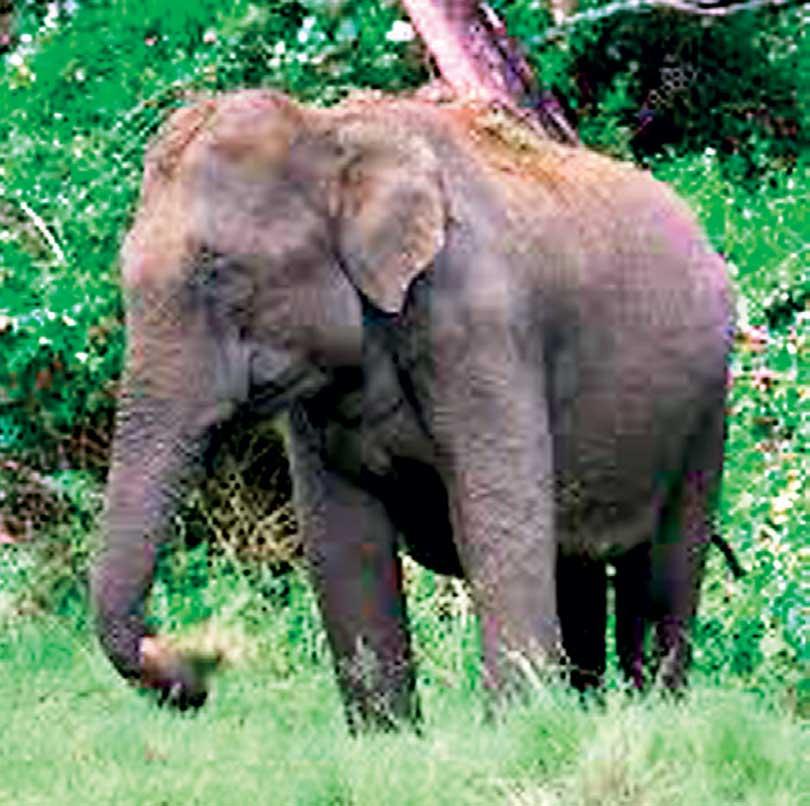Reply To:
Name - Reply Comment

By Chathuranga Pradeep Samarawickrama
Due to large-scale environmental destruction in Sri Lanka, the forest density, which was 83% in 1882, has shrunk to 16%, and the number of elephant deaths in the country between January and December 5, 2022, is 395, the Centre for Environment and Nature Studies (CENS) said.
The National Coordinator of CENS, Ravindra Kariyawasama, said today that, as the World Food and Agriculture Organization has mentioned several times that Sri Lanka ranked fourth among the countries that destroy primary forests in the world.
According to CENS data, there was a massive environmental destruction in 2021, with 65 acres of forests destroyed per day, according to data released by the Centre for Environment and Nature Studies.
According to the Global Forest Watch (GFW) organization, 5.3% of primary forests have been destroyed in the country since 2002. Meanwhile, the CENS said the last year (2021) was a year when Sri Lanka’s elephants encountered a serious threat. The number of elephant deaths in Sri Lanka between January and December 5, 2022, is 395; 127 people died due to elephant strikes
About 20 more elephant deaths were reported in this country than in 2021, and the highest number of elephant deaths (207) reported in the country was in 2019. 318 elephant deaths have been reported in 2020 and 375 elephant deaths in 2021, they said.
At present, one elephant dies in Sri Lanka every day. Elephant habitat has been shrunken by 15% in the past 50 years, and human-elephant conflict have increased since elephant corridors, farmland, and settlements have been converted